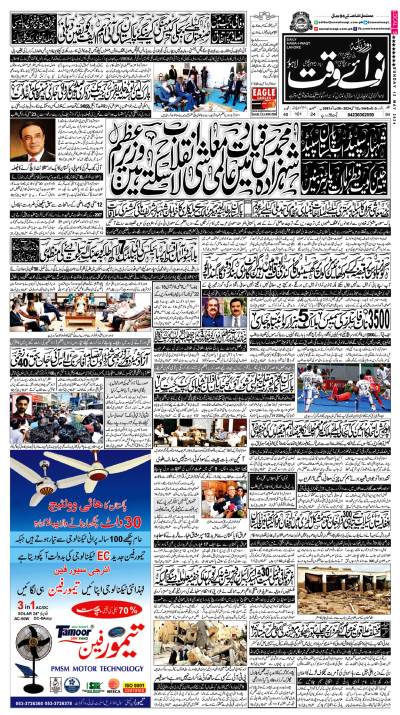In recent years, the political landscape of India has undergone significant transformations, underpinned by policies that have sparked widespread debate and dissent. Among these, the Citizenship Amendment Act (CAA) stands out as a particularly contentious piece of legislation, one that critics argue exacerbates the country's religious and social divides. This analysis aims to dissect the intricacies of the CAA, its impact on India's minorities, and how it reflects the broader trends of polarization and anti-Muslim sentiment under Prime Minister Narendra Modi's government.
The Citizenship Amendment Act, enacted in December 2019, amends the Indian Citizenship Act of 1955. It aims to fast-track citizenship for persecuted Hindus, Sikhs, Buddhists, Jains, Parsis, and Christians arriving from Afghanistan, Bangladesh, and Pakistan. Notably, Muslims are excluded from this list, sparking allegations of the act being inherently discriminatory and in violation of India's secular constitution. The government defends the CAA as a humanitarian gesture towards those fleeing religious persecution which in my opinion is a mockery of a democracy. It is an attempt to marginalize Muslims further and alter the demographic balance to the detriment of India's largest minority group.
Within this context, the vision of Quaid-e-Azam Mohammad Ali Jinnah, the founding father of Pakistan, gains renewed relevance and poignancy. Quaid-e-Azam’s advocacy for a separate Muslim state stemmed from his foresight regarding the potential for religious persecution and marginalization of Muslims within a Hindu-majority India.
The unfolding scenario under the CAA, wherein Muslims are conspicuously omitted from the provisions for fast-tracked citizenship, echoes the very concerns Quaid-e-Azam sought to address. It highlights the disheartening reality of religious discrimination, underscoring the prescience of Jinnah's insistence on a separate nation where Muslims could live with dignity, rights, and security.
The exclusion of Muslims from the CAA has ignited fears among India's Muslim population of over 200 million that their citizenship could be jeopardized, especially in conjunction with the proposed National Register of Citizens (NRC).
The NRC aims to document all legal citizens of India, potentially rendering stateless those unable to prove their citizenship, a criterion disproportionately affecting Muslims and the poor. This combination has been perceived as a strategic move to disenfranchise Muslim citizens, echoing the government's broader nationalist agenda. The treatment of Muslims in the wake of the CAA's enactment serves as a disheartening affirmation of Jinnah's concerns regarding the vulnerability of Muslims in a majority-Hindu India.
The policy's implications for India's Muslim community serve as a stark reminder of the enduring relevance of Jinnah's advocacy for a separate Muslim homeland as a refuge from persecution and inequality.
The implementation of the CAA has led to widespread protests across India, with millions taking to the streets in opposition. These protests are not just about the act itself but also what it represents in the larger context of India's democratic principles. The demonstrations have seen a significant participation of minorities, liberals, and secularists, standing in solidarity against what they view as a divisive and discriminatory policy. The government's response to these protests has often been heavy-handed, with instances of police brutality and arrests of activists, further deepening the societal rift.
The Modi government's tenure has been characterized by a narrative that many see as polarizing, often vilifying the Muslim community. Policies such as the revocation of Article 370 in Jammu and Kashmir, the construction of the Ram Temple on the disputed Ayodhya site, and now the CAA, have contributed to a narrative that marginalizes Muslim Indians. This narrative has been bolstered by certain media outlets and political leaders, leading to an increase in communal tensions and incidents of violence against Muslims.
The enactment of the CAA has not only sparked debates about citizenship and national identity but has also illuminated the broader socio-political trajectory of India under the Modi administration. Critics argue that the government's policies reflect a departure from the pluralistic and inclusive ethos that have long been a cornerstone of India's identity. The rise of Hindu nationalism, coupled with policies perceived as anti-Muslim, has led to accusations of the Modi government undermining the secular fabric of the nation and fostering an environment of intolerance and division.
Citizenship Amendment Act has emerged as a focal point of contention in India, encapsulating the tensions and challenges facing the country's democratic and secular ideals. Its impact on minorities, particularly Muslims, raises profound questions about the direction in which India is headed under Modi's leadership. The protests against the CAA, and the government's response to them, reflect a broader struggle over India's identity and the values it seeks to uphold. As the debate over the CAA continues, it serves as a reminder of the ongoing struggle for justice, equality, and inclusivity in the face of rising polarization and nationalism, reaffirming the foresight and rationale behind Mohammad Ali Jinnah's quest for a separate Muslim state.






